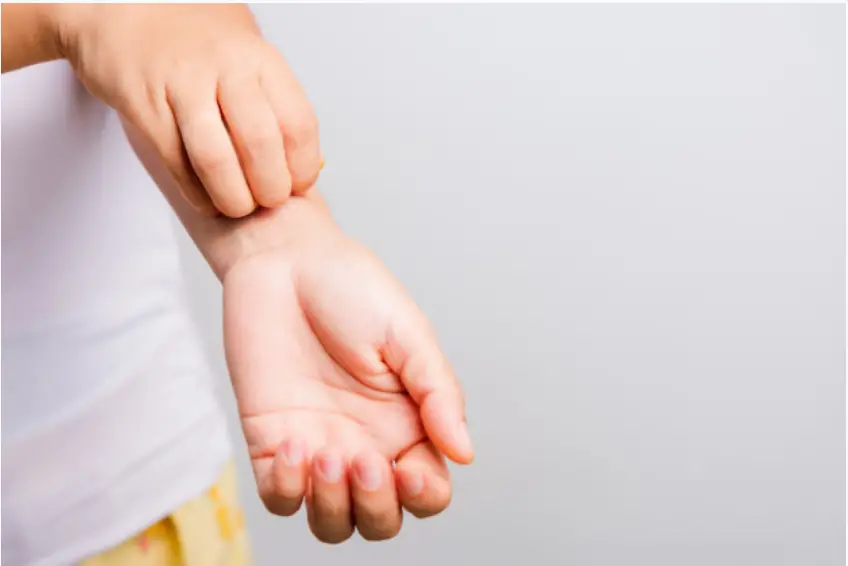There are many tips for soothing Eczema but here are a select few that we think are ones to consider. Before trying out anything, you should contact a dermatologist to first check if your skin condition is actually Eczema. Allergy tests are highly recommended to see your reactions to certain chemicals or ingredients.
1. Fragrance-free is better than “unscented”
Simply put, unscented products can still contain fragrances which is not good for Eczema. Just because a product is branded as unscented doesn’t mean it has less chemicals. The fragrance can be masked which involves a lot more chemicals in a product.
2. To increase moisture in the air, get a humidifier

This depends on where you live, but is highly recommended by many. Dry skin will become more sensitive to breakouts and infection as it can extract moisture from the skin. It can help relieve the symptoms of Eczema and is recommended by the National Institutes of Health.
Note that there are no scientific evidence that humidifiers help Eczema but has had large success.
3. To prevent scratching at night, wear gloves
Be sure to use the right kind of gloves. If you wear cotton gloves, they are more gentle on the skin. Wearing gloves can dull the effects of scratching, improving the condition of your skin. Another use for gloves is that you can use lotion prior and use the gloves to keep your hands moisturized with the applied lotions all night!
4. Keep your some lotion in the fridge for cooling relief
Applying cold moisturizing lotion can help ease the urge to scratch. It is recommended to leave a bottle of lotion in the fridge to give yourself a relief option.
5. Avoid hot showers.

Hot showers can dry out and damage the surface of the skin. It can develop dry skin into more serious conditions like skin inflammation and increase the spread of Eczema. Once skin inflamed, shower gels and lotions can cause a stinging sensation.
6. Reduce or avoid foods rich in histamines
Foods rich in histamines can be a problem for people with Eczema as they can trigger an immune response. Histamines are released in the body when you have an allergic reaction. For Eczema users, foods rich in histamines can make you more itchy.
Foods that contain histamines include alcohol, shellfish, tomatoes, chocolate and many more. Note that this doesn’t mean you are allergic to these foods, just reduce the amount. If you are unsure, get an allergy to confirm any allergies.
7. Check your shampoo and conditioner if they are Eczema-friendly

One that many seem to disregard. If you are allergic to any chemicals or fragrances, you should check the ingredients in your shampoo, conditioner and other hair products. When you shower, the product will touch the sensitive parts of your skin despite being applied on the hair. Once you dry yourself off, the product can also be transferred onto the towel, allowing more room for spread.
8. Keep your stress to a minimum
Easier said than done, but stressing can trigger the nervous system and cause the release of cortisol which in turn can cause inflammation. To try and mange your stress, it is recommended to do breathing exercises or even meditation techniques to manage it.
9. Choose products with less ingredients
The fewer the better. There are many irritants in nature, so by choosing products with less, you reduce the risk of coming in contact with an ingredient that can upset your skin.
10. Use fragrance and dye-free detergent, don’t use fabric softener
Laundry detergents have a lot of chemicals, dyes, an fragrances that can cause irritation to skin. Since we wear clothes all day, our skin will come in contact with these triggers constantly. It is vital that Eczema users find a detergent that is compatible with their skin, as it something we come in contact with daily.
For more information on Eczema, visit the National Eczema Association.
For more Eczema articles, visit here.

